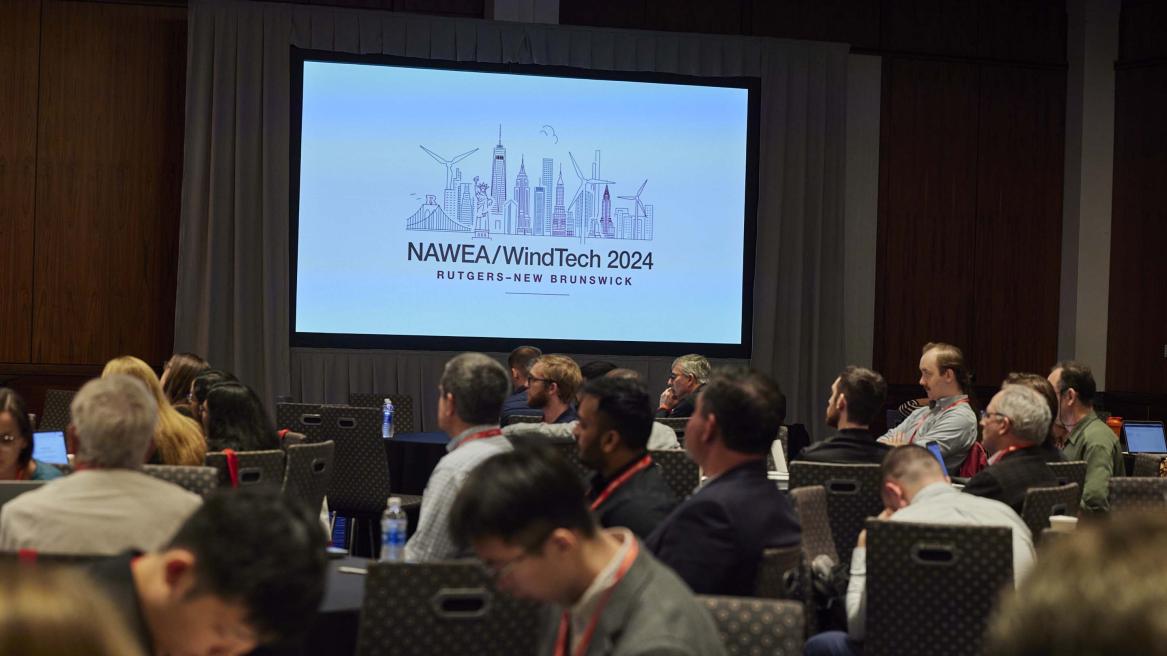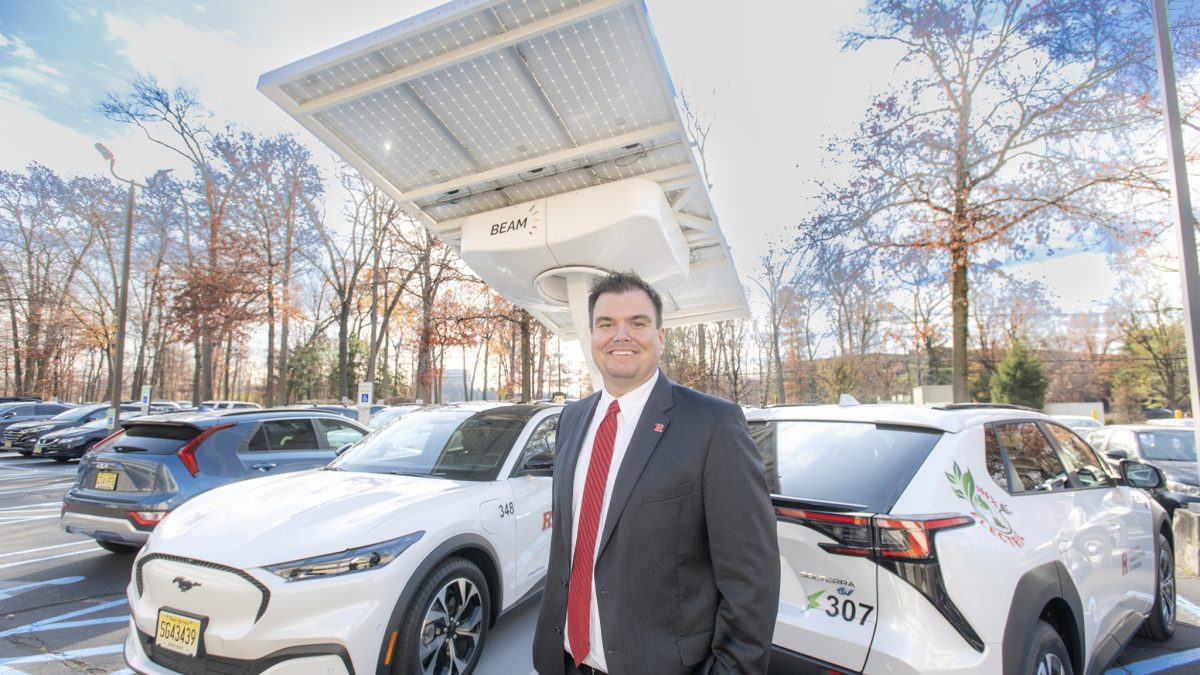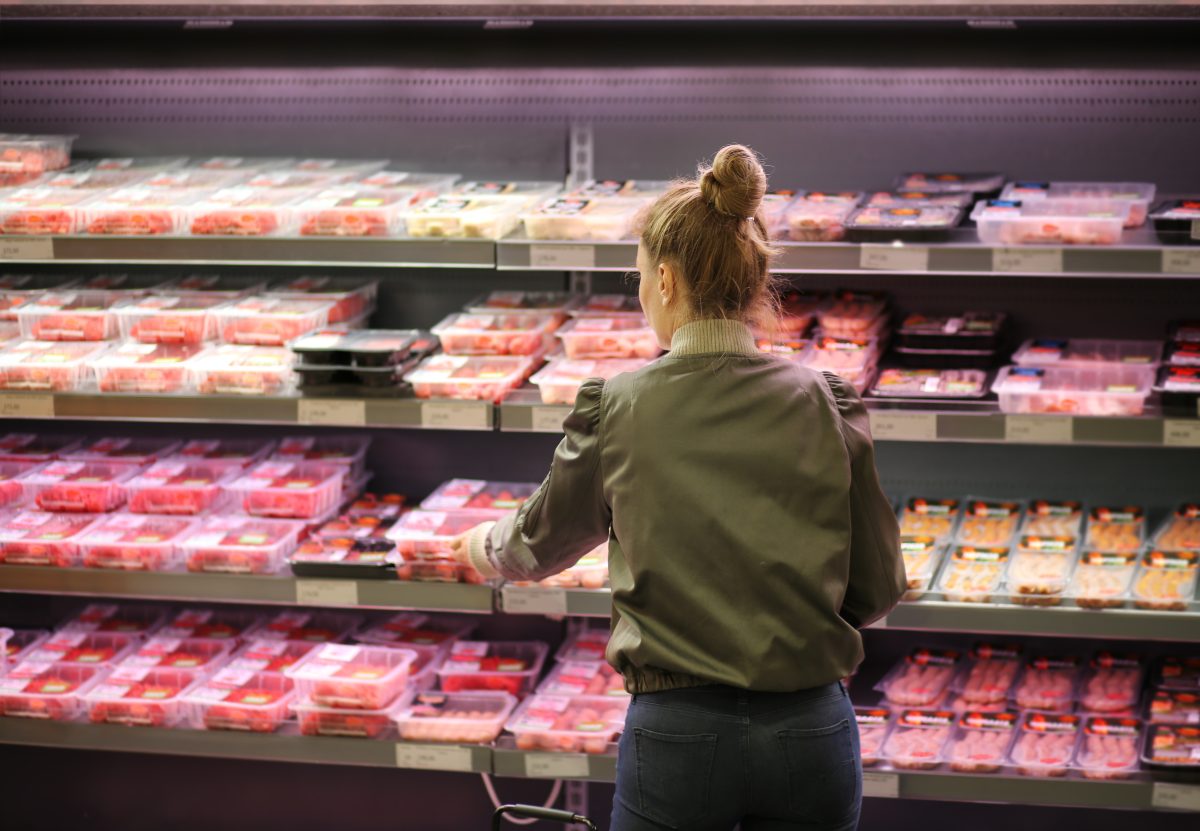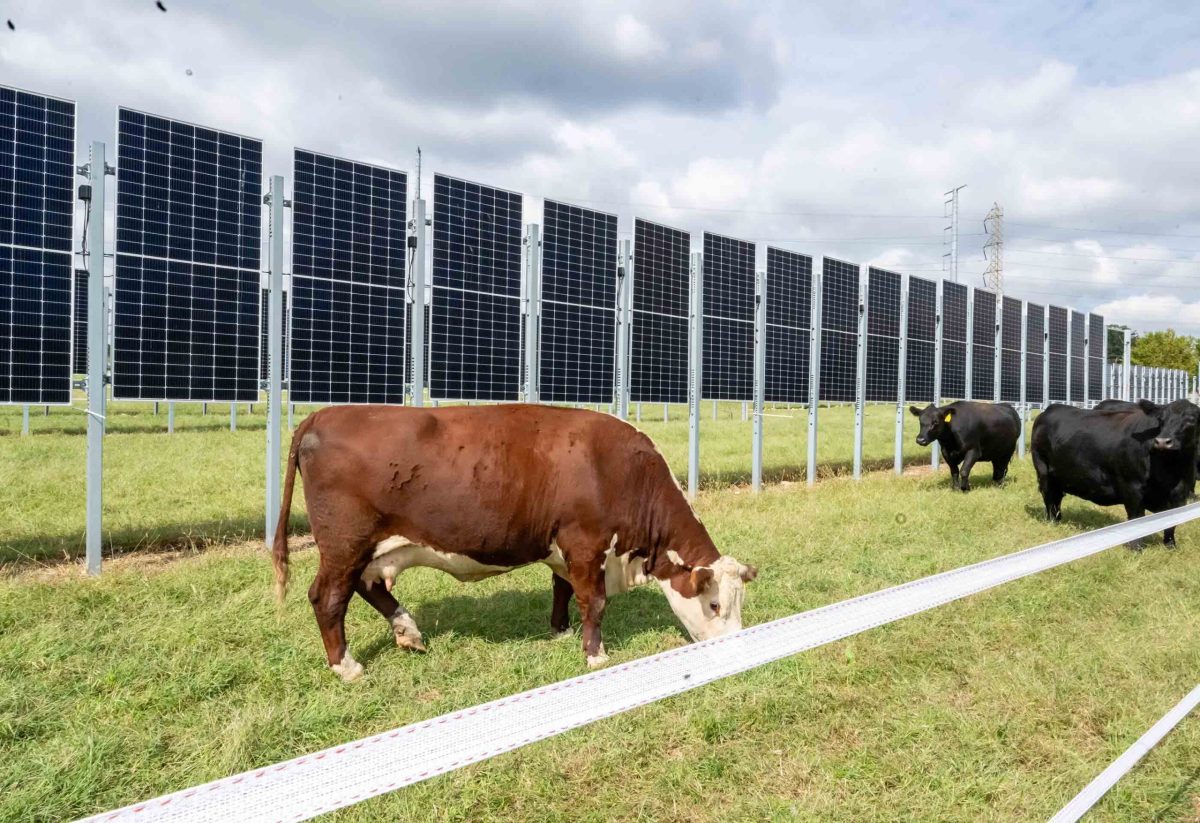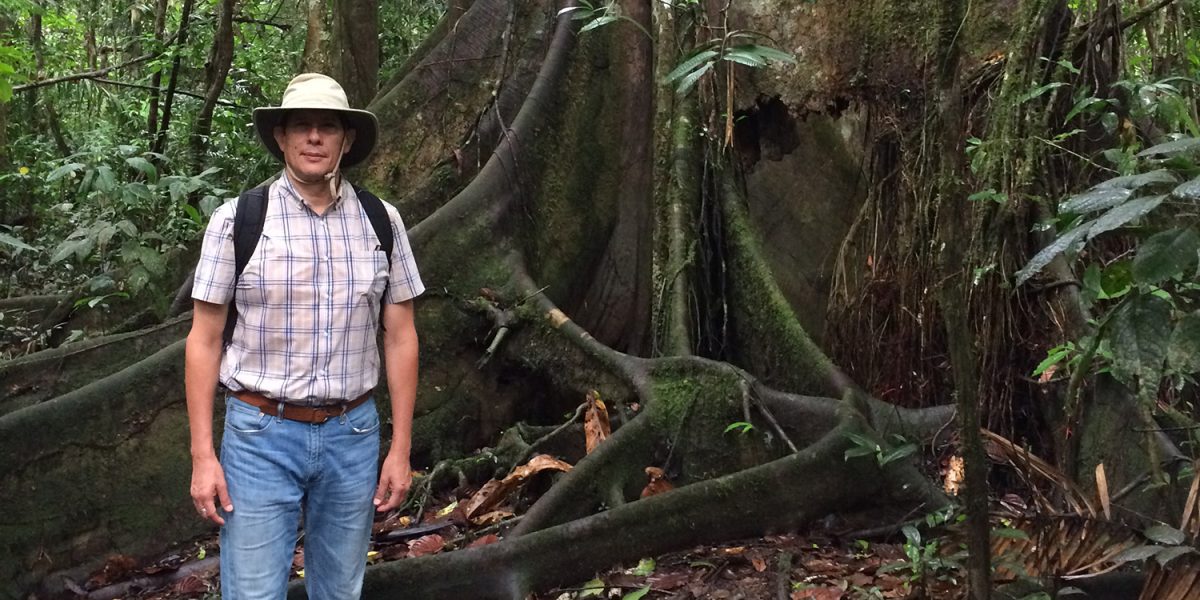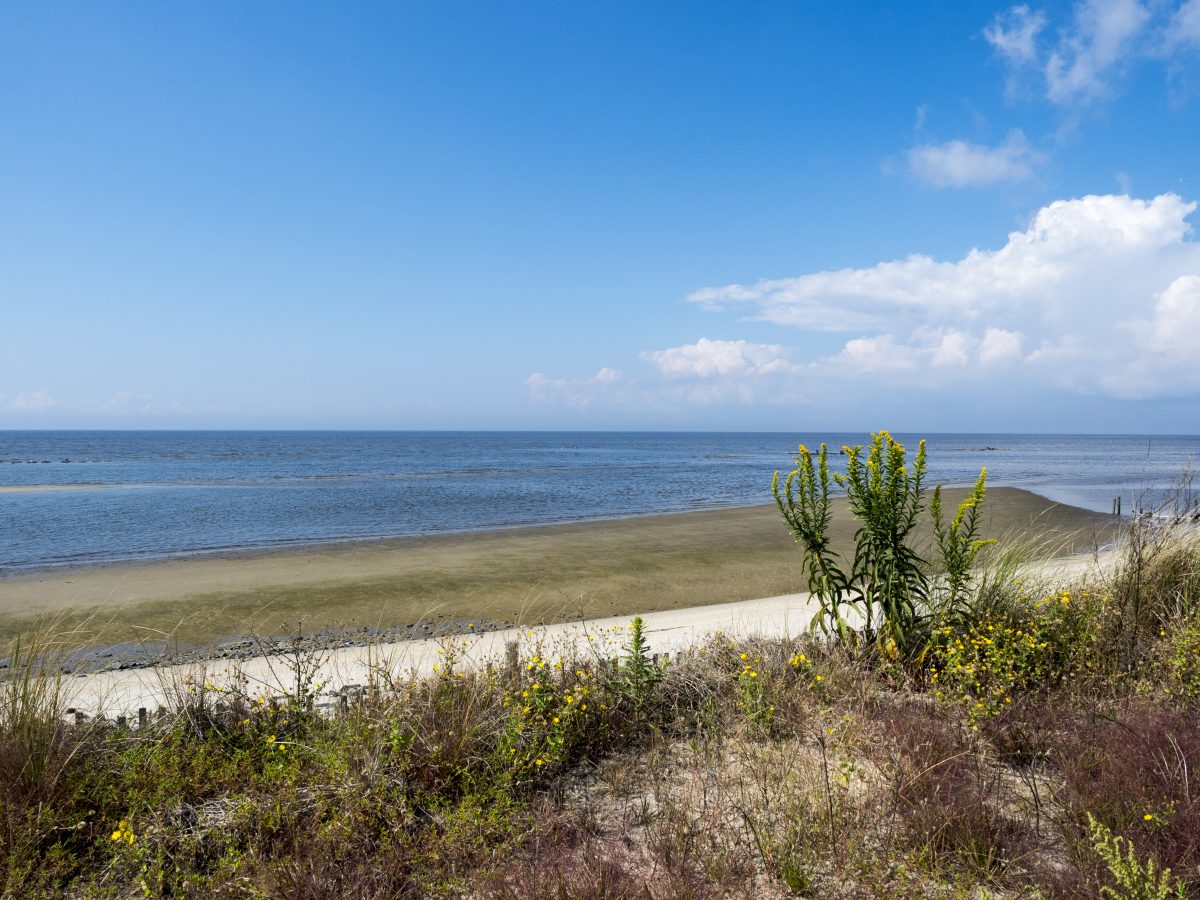By Roya Rafei
Thomas Nosker, Inventor of Recycled Plastic Lumber, Receives Highest Honor for His Work
Wind Energy Conference Highlights Rutgers’ Role as Hub for Innovation and Collaboration
By Susan Cohen
Rutgers University–New Brunswick hosted the NAWEA/WindTech 2024 Conference, North America’s premier technical event on wind energy, co-organized by the New Jersey Academic Alliance for Offshore Wind.
Rutgers Launches EV Project to Replace Gas-Powered Fleet in Major Sustainability Initiative
By Lisa Intrabartola
William O’Brien, assistant vice president of Institutional Planning and Operation, with two of the 24 new electric vehicles purchased this fall as part of a decade-long plan to phase out all 700 of Rutgers’ gas-powered vehicles. Rutgers also purchased its first two solar-powered Beam ARC charging stations this fall.
Why Health and Price, Not Sustainability, Drive U.S. Meat Consumption Choices
By Michelle Edelstein
Environmental sustainability isn’t a major factor influencing meat consumption decisions for most Americans, despite increasing awareness of the climate impacts of red meat production, according to Rutgers researchers.
Considering Sustainability in the Age of Climate Change
By Caroline Brobeil
Rutgers School of Business–Camden explores how partnerships between companies and communities can help prepare for a changing world
Rutgers Start-up Receives $14.5M Grant from U.S. Department of Energy
Rutgers start-up Queens Carbon will receive $14.5 million in government funding to advance its groundbreaking technology that aims to eliminate carbon emissions from the cement industry.
Cows and Solar Panels? In a New Jersey First, Project Melds Farming With Electricity Generation
By Kitta MacPherson
Federal, state and university officials are inaugurating a research and demonstration project at Rutgers University-New Brunswick with the purpose of advancing a technology that could produce renewable energy while making farms more sustainable.
Combatting Climate Change’s Effects With AI, Nanotechnology and More
Alan Robock, a Distinguished Professor of climate science in the Department of Environmental Sciences at Rutgers, has whittled the essentials of global warming down to 10 words: “It’s real. It’s us. It’s bad. We’re sure. There’s hope.”
A Rutgers Professor Brings Humanities to the Movement for Environmental Justice
By John Chadwick
RCEI affiliate and Professor Jorge Marcone introduces his students to the little-known figures on the front lines of global environmental conflict: Rainforest dwellers in Peru fighting to protect their land from industry. Indigenous and white families in Canada standing up to Big Oil. Women across five countries taking the lead to protect the environment.
Rutgers to Lead $16 Million in Climate Projects Along New Jersey Coast
By Andrew Smith
University researchers to lead green infrastructure, community engagement, K-12 education and planning initiatives as part of a $72.5 million federal grant













